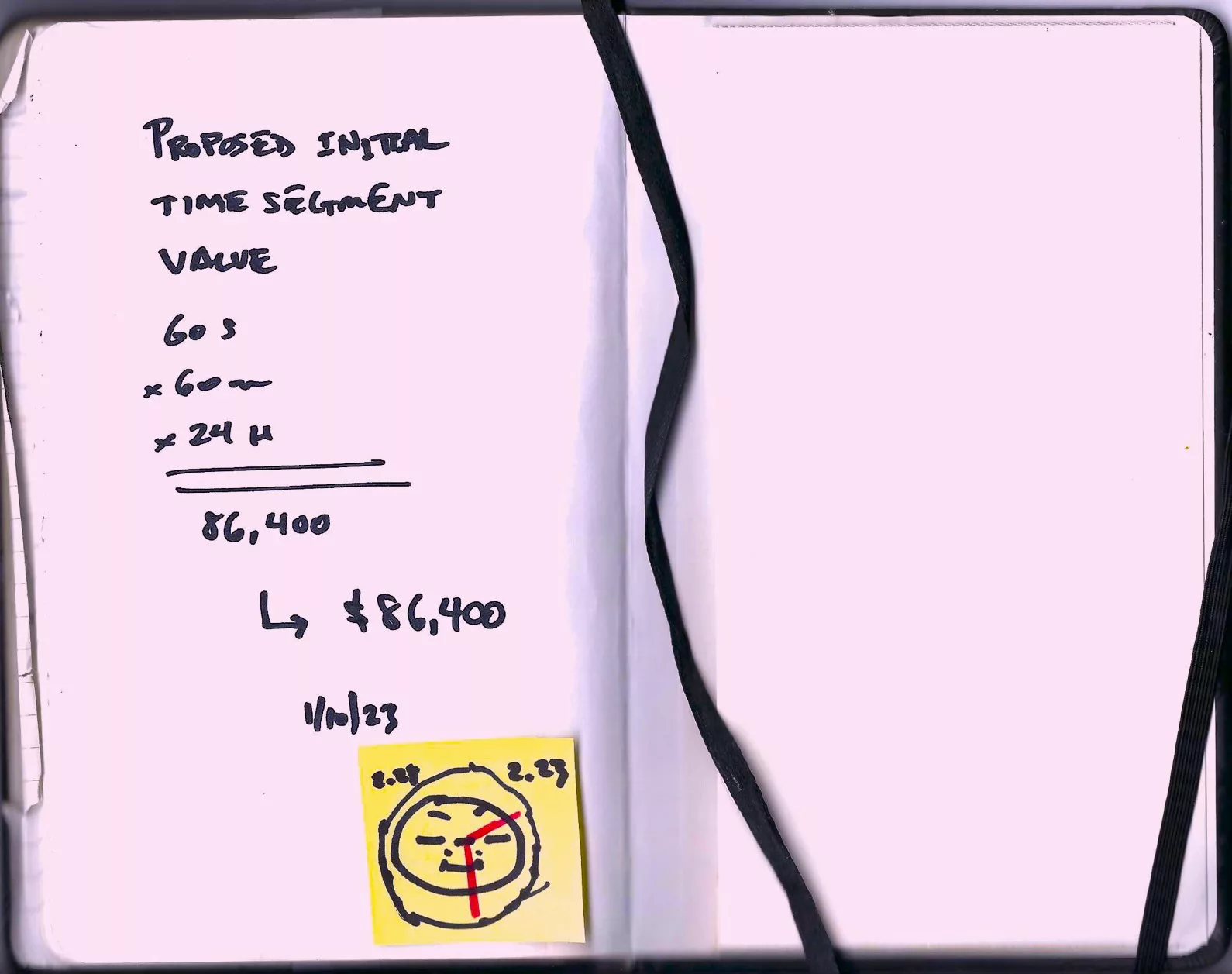

A few years back, I found myself in a real mess when it came to my eating habits. Life was stressful, and I constantly felt pressured to meet certain beauty standards. On top of that, I didn’t have much knowledge about proper nutrition. I ended up turning to unhealthy comfort foods that made me feel better temporarily but left me feeling even worse in the long run.
One day, I woke up feeling absolutely drained and sluggish. It hit me hard that I needed to make a change for my own health and happiness. Let me share with you the strategies that helped me overcome my nutrition issues:
First and foremost, I started educating myself about nutrition. I dove into books, watched documentaries, and followed trusted sources to learn about how food impacts our bodies. This knowledge gave me the power to make informed choices about what I ate.
Meal planning became my new best friend. I started preparing my own meals, which allowed me to have control over the ingredients and portions. I experimented with different recipes and actually found joy in cooking nutritious meals. Planning my meals ahead of time also prevented me from making impulsive and unhealthy food choices.
I realized that extreme diets weren’t the answer. Instead, I adopted a more balanced approach to eating. I focused on incorporating a variety of whole foods into my diet, such as fruits, vegetables, lean proteins, whole grains, and healthy fats. This way, I could still enjoy my favorite treats in moderation without feeling guilty.
Mindful eating was a game-changer for me. Instead of mindlessly gobbling down my meals, I started paying attention to my body’s hunger and fullness cues. I savored each bite, chewed slowly, and really appreciated the flavors. This practice helped me develop a healthier relationship with food and prevented me from overeating.
Taking care of my emotional well-being was crucial too. I realized that my nutrition issues were often tied to my emotions. So, I sought support from a therapist who helped me address underlying emotional issues and taught me healthy ways to cope. Engaging in activities like exercise, meditation, and journaling also played a big part in managing my emotions and reducing stress.
In addition to these strategies, I found a few resources and tools that were really helpful:
Nutrition apps became my handy companions. There are plenty of smartphone apps out there that can track your food intake, provide nutritional information, and even suggest meal plans. These apps helped me stay accountable and make informed choices.
Joining support groups or online communities of people with similar nutrition goals was a game-changer. It gave me a chance to share my experiences, get advice, and find support from folks who understood what I was going through.
I also sought professional guidance from a registered dietitian or nutritionist. They provided personalized guidance based on my specific needs and goals. They helped me create a tailored meal plan, addressed any nutritional deficiencies, and offered expert advice.
Remember, overcoming nutrition issues takes time and patience. It’s important to be gentle with yourself along the way and celebrate every small victory. Surround yourself with supportive friends and family who understand and encourage your goals.
In our culture, there’s often a focus on quick fixes and trendy diets, which can set us up for unrealistic expectations and unsustainable habits. It’s important to challenge those societal norms and prioritize long-term health and well-being over short-term results. Embrace the rich diversity of food cultures and explore nutritious options from various cuisines.
Facing nutrition issues can be tough, but with the right strategies, resources, and support, it’s absolutely possible to overcome them. You’ve got this!












this is gorgeous